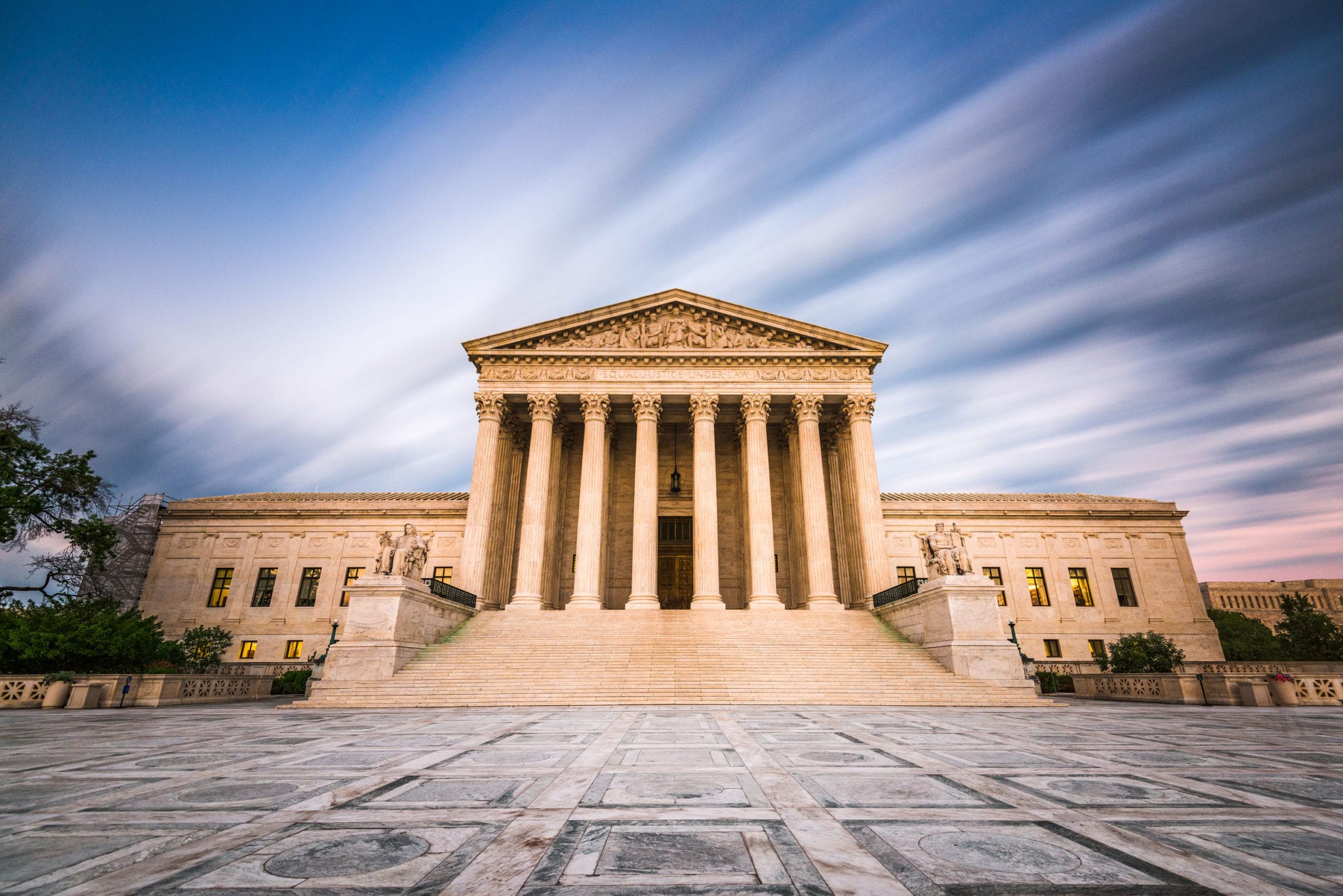If you are charged with a sex crime, your case may be taken up by the state of Texas or the federal government. Depending on which court you have to appear, you may face different penalties suggesting that you hire a lawyer with specific experience handling federal cases.
Before you go to court, take a look at the basics of federal sex crime charges and how you can best defend yourself before you step into the courtroom.
Sex Crimes Are Handled in Federal Court?
Federal courts typically take on only the most serious sex crime charges, including:
- Aggravated rape
- Sexual abuse
- Child exploitation
- Human trafficking
- Kidnapping with intentions to commit sex crimes
- Child pornography charges (including possession, distribution, or production)
- Solicitation of a minor
However, these offenses are often prosecuted in state court as well. Which begs the question: when does the federal government step in?
When Are Crimes Handled in Federal Court?
Sex crime charges may be prosecuted in state or federal court, depending on the nature of the crime and the criminal history of the defendant. A defendant may end up in federal court, for example, if they have a past criminal record or are accused of committing a crime that took place in multiple states.
Federal courts can also choose to take on cases that interest them. Particularly scandalous or complicated cases often find themselves in the hands of a federal judge.
While federal cases will be heard in a different courtroom, the burden of proof is the same as a state case. Federal prosecutors will have to prove that you committed the crime beyond a reasonable doubt in order for you to be convicted and face penalties.
Penalties for Federal Sex Crimes
A federal judge or jury will determine the penalties for offenders based on a variety of factors, including:
- The nature of the crime (and the sentencing recommended by federal law)
- The age of the victim(s)
- The number of victims
- Whether or not the victims suffered physical injuries
- The criminal record of the defendant
Defendants convicted of federal sex crimes will be sent to federal, rather than state, prisons.
About the National Sex Offender Registry
One of the penalties of both state and federal sex crimes is the requirement to register on the National Sex Offender Registration and Notification System. Depending on the nature of the crime, offenders will have to stay on the registry for 15 years, 25 years, or for their entire lives.
The National Sex Offender Registration makes your name, criminal history, and contact information public so that your neighbors, employers, or landlords can be aware of your past.
Offenders who fail to follow the rules of registry will face federal penalties. Failure to register as a federal sex offender is punishable by up to 10 years in prison, and sentences can be increased to 30 years if the offender fails to register and commits a federal crime in the process.
There Are Defense Strategies for Federal Sex Crimes
Just because you are facing a higher court doesn’t mean you have a greater chance of getting convicted. Defendants can recruit the help of a criminal defense lawyer that specializes in federal cases.
Take care with plea bargains as well. If you are going to federal court, it is very likely that you will be offered a plea deal in order to receive a reduced sentence. In fact, 90% of defendants facing federal charges will plead guilty as their part of the plea deal.
Before you enter into a plea deal, talk to a criminal attorney. In some cases, plea deals may appear to be the best option for you, but they’ll leave you with a conviction when you could have walked free.
Remember: you are still innocent until proven guilty. Make sure you’re giving yourself the best chance to receive the most positive outcome.





